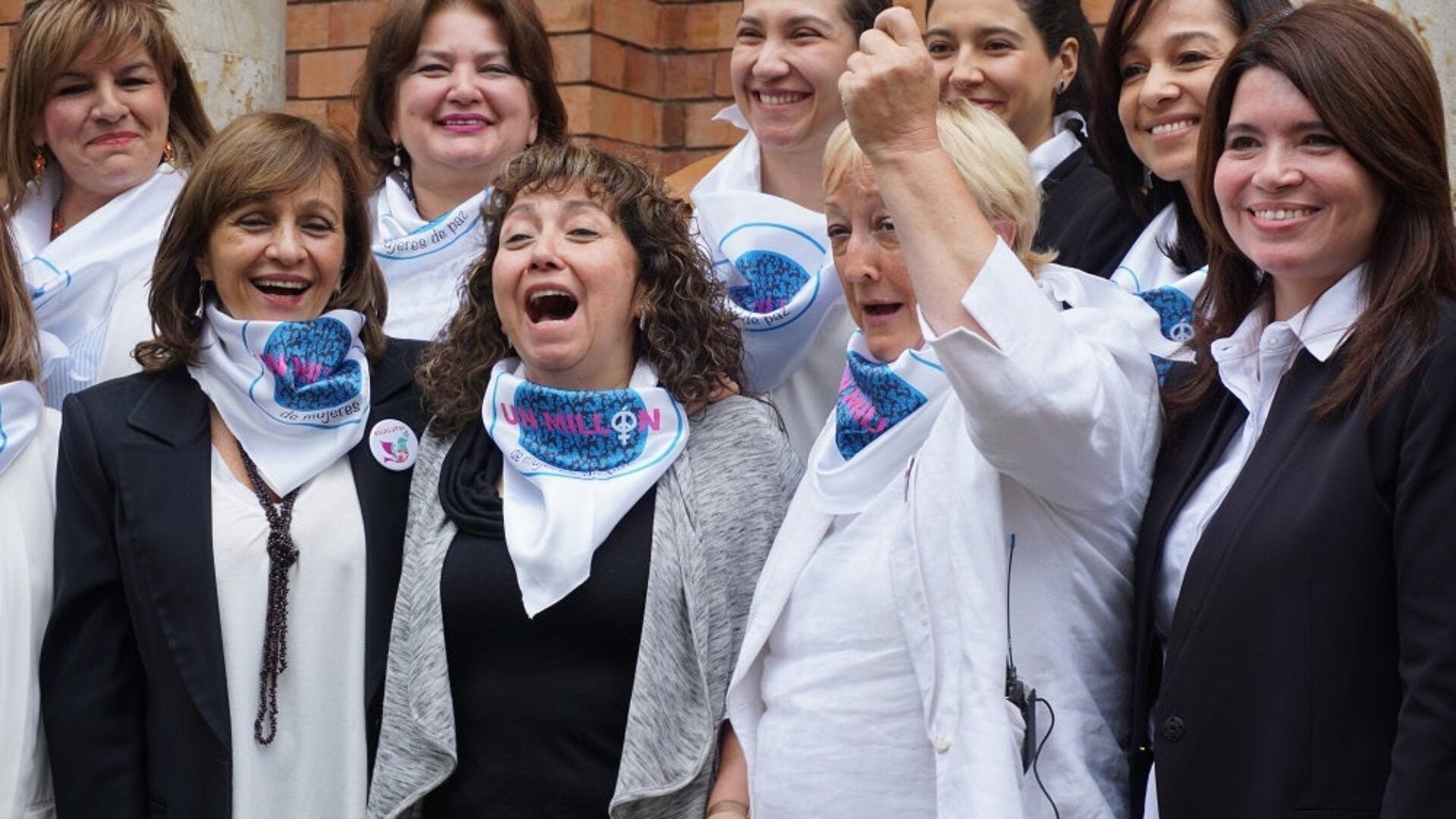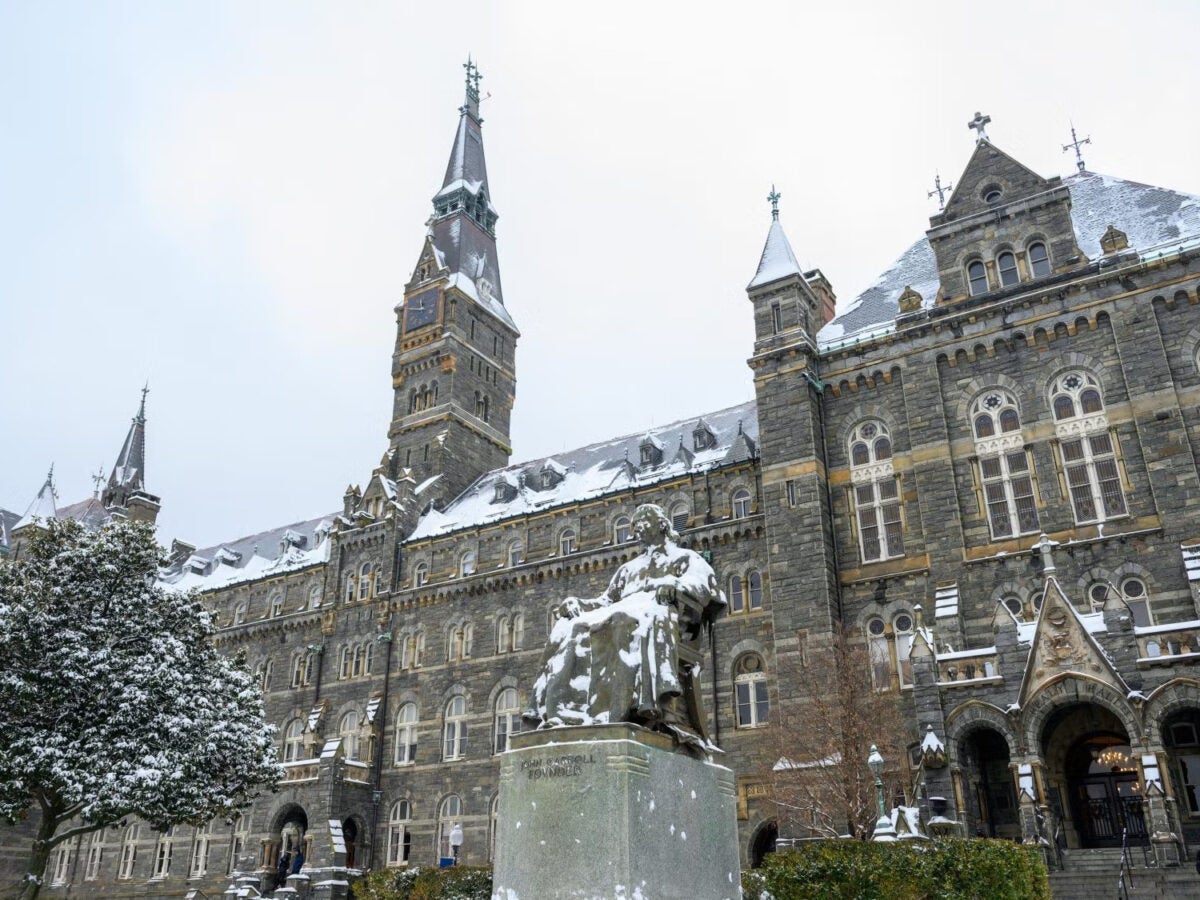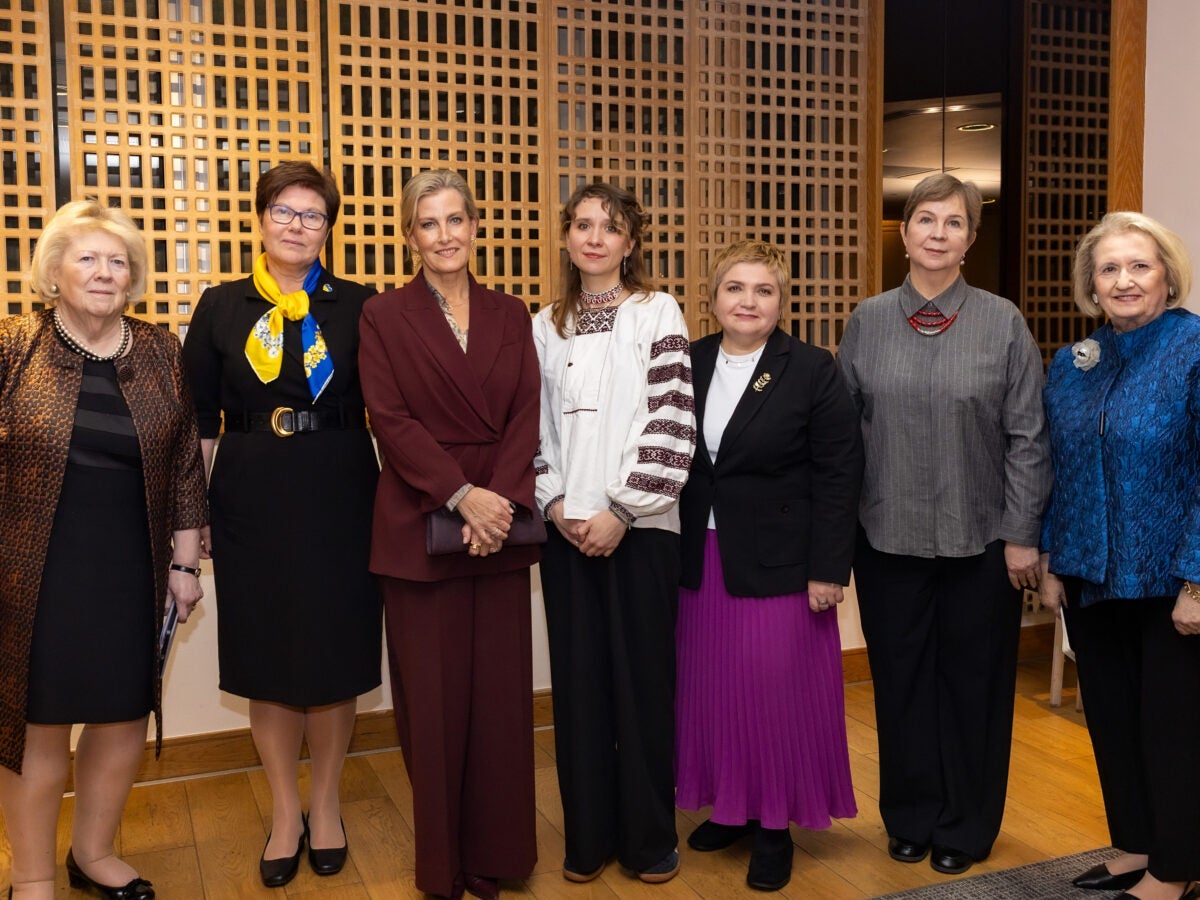The United States’ Role in Reaffirming the Good Friday Agreement

(This is an excerpt of Professor Monica McWilliams’ testimony to the US House Sub-committee on Europe, Energy, The Environment & Cyber hearing on Reaffirming the Good Friday Agreement on May 5, 2021. Professor McWilliams was one of the 2 female peace negotiators who participated in the Northern Ireland peace talks that resulted in the Good Friday Agreement, which was ratified in a referendum in May 1998. There have been challenges to the peace from time to time, but these are particularly difficult times. Tensions are high, violence has increased, the politicians are deeply divided and the society more polarized. Brexit and the controversy over the Protocol have caused growing anger and unrest. There are serious concerns that the peace agreement could be jeopardized.)
___
As someone who was involved in negotiating the Good Friday Agreement, the peace agreement that we achieved has not only saved many lives but also offers a firm basis for future stability on the island of Ireland, both north and south.
The US contribution to the peace process in Northern Ireland has been and continues to be crucial. The US government must continue to push for the Good Friday Agreement to be fully implemented, to reiterate its importance and oppose any attempts to cherry-pick or misrepresent what has been agreed to date. There are provisions in the peace agreement like the Bill of Rights, the Civic Forum, the needs of victims that still have not been implemented more than two decades later and are crucial to a durable peace and reconciliation.
“I strongly recommend that the Biden Administration appoint a US Envoy to Northern Ireland to vigorously work with all parties, civil society and UK and Ireland and help address the current challenges and contribute to a durable peace and economic prosperity.”
Protecting Rights and Equality
Many civic society groups and organizations have been extremely concerned by the impact that Brexit is having on the protection of the rights and equality provisions in the Good Friday Agreement.
We’ve come a long way and I myself know that, as a woman, we didn’t have rights in relation to sex discrimination, equal pay, and more until the European Commission issued those directives to the British Government, and consequently to Northern Ireland. We cannot afford to cut back on the rights that are in place now.
There is also concern that the UK government is currently reviewing the Human Rights Act, which was part of the Good Friday Agreement, and came into effect in the year 2000. There are those who do not want these convention rights; they see Europe as having too many rights and regulations. But that would be a step back: that would be reverting on what was agreed.
There also remains an absence of a Bill of Rights, which would have incorporated the issue of being British; Irish; and/or both. That was a guarantee in the Good Friday Agreement, but it’s never been incorporated into law and that’s why it must be clarified in a bill of rights.
The US government should argue for the delivery of a Bill of Rights for Northern Ireland and the Charter of Rights for the island as proposed in the Agreement to prevent any diminution of rights as a result of changes to the Human Rights Act or resulting from Brexit.
Meanwhile, the EU-UK Trade and Cooperation Agreement contained only weak commitments on labour rights, social protections and environmental standards. The US Government should make clear that it expects to see adherence to these standards with regard to rights in any future trade agreements between the US and the UK.
Community Buy-In to the Good Friday Agreement
“Obviously, CNN pays attention when petrol bombs are being thrown at buses. But we also need to look at the hot spots of resilience. There were lots of areas where riots could have broken out and did not break out because the investment in community development had paid off.”
The Northern Ireland Women’s Coalition, of which I am a founding member, was a party to the Good Friday Agreement negotiations and adhered to three principles throughout the process: respect for human rights, equality, and inclusion. Had we not been at that table, there would not have been provisions on victims, integrated education, shared housing, the civic forum, and resources for young people and community development. And that’s what sustains peace.
Social and economic inclusion has come back into focus as a result of the recent disturbances. The reality is that Catholic/Nationalist/Republican and Protestant/Unionist/Loyalist single identity areas that were the most economically disadvantaged, and suffered the brunt of the Troubles, have benefited least from the ‘peace dividend’. That is particularly the perception in loyalist/unionist areas.
Where people feel they’ve been left behind—when they don’t have aspirations and are politically homeless—then they take to the streets because they have nothing to lose. We need to give them the sense that they have a lot to lose, but it shouldn’t just be about prisons and police. They’re losing the possibility of getting a good job and benefiting from further education and training. We cannot leave it solely to the police to solve these problems. It needs an integrated government approach. The criminal justice system will not succeed alone – more provision on the social and economic side is what is needed. Moreover, we cannot lock up potentially 17,000, which is the number we have been given in paramilitaries. For this reason, there needs to be a much clearer analysis of the economic opportunities that can be opened up on the basis of Northern Ireland remaining in the EU Single Market, as provided for by the Protocol.
Obviously, CNN pays attention when petrol bombs are being thrown at buses. But we also need to look at the hot spots of resilience. There were lots of areas where riots could have broken out and did not break out because the investment in community development had paid off. Community activists were able to maintain cross-community contact and defuse potential violence inside local communities. Youth workers were on the streets during the night engaging with young people and persuading them not to take part in any action that could lead to court prosecutions and prison sentences. And the hard work of community leaders needs to continue because we could be looking at a very hot summer. Also, a strategy needs to be put in place and resourced to provide diversionary programs for marginalized young people over the usual volatile summer period in Northern Ireland along with training and employability opportunities for the longer term.
It is also important that there are no party political threats to withdraw from the legislative Assembly again. There is an opportunity now to deal with concerns about identity in a more positive and proactive manner. One of the core elements of the Good Friday Agreement was to guarantee the right of people in Northern Ireland to either an Irish identity; a British identity; and/or both. There is also a guarantee that irrespective of any future constitutional changes on the island of Ireland, in response to the will of the majority of people through a referendum in Northern Ireland that a continuation of a British identity will be guaranteed. Work on what this would mean in practice needs to begin without accelerating further fear and friction within the unionist community.
An aspect of political inclusion that also needs to be considered is how to increase the involvement of civil society in the current discussions. The Good Friday Agreement proposed the establishment of a Civic Forum, which would act as an advisory body to the Northern Ireland Assembly on social, economic and cultural matters. If this were to be reinstated, it could hold hearings on sensitive issues such as identity and symbols, as well as address the commitment in the Agreement to integrated schooling, mixed housing and other important matters. In addition to re-establishing a Northern Ireland Civic Forum, some thought could also be given to be the initiation of District Civic Forums in each of the District Council areas as a way to enhance inter-community dialogue and understanding. It could also act as a vehicle for government agencies and local politicians to hear community/civic society views particularly with relation to breaking down the divisiveness that has arisen over Brexit.
Navigating Current Tensions
“US political representatives will appreciate how important it is that community confidence and goodwill be maintained—and restored in areas where it has decreased.”
One of the issues currently of concern is the use of fake accounts on social media to spread destabilizing rumors and to arrange protests. Young people, particularly during the pandemic when other forms of communication were not as easily accessible, became more susceptible to this phenomenon. The US should make available information with regard to the effective management of cyber networks to mitigate the disinformation and misinformation augmenting the current inter-community tensions.
Two issues that are feeding into the current tensions are the very difficult question of how to deal with the legacy of the Troubles and the need to review the effectiveness of community policing. The Stormont House Agreement (2014) provided a roadmap on the legacy issue. There are current concerns that the UK Government might introduce a different approach on a unilateral basis.
The police reforms introduced as part of the Good Friday Agreement were taken forward by PSNI (Police Service NI) and regarded as a good model for security sector reform for a society transitioning from conflict to peace. More recently concerns have been raised that the PSNI has reverted from a situation of community policing to a situation where perceptions have arisen of inconsistency in policing approaches. US political representatives will appreciate how important it is that community confidence and goodwill be maintained – and restored in areas where it has decreased.
Brexit, The Protocol and Trade
From reports in Northern Ireland, the EU has adopted an overly legalistic interpretation of customs/trade regulations as compared to its working relations with other neighboring non-Single Market European states. There needs to be intensive work to identify and come to an agreement as to how to deal with these issues in a manner that does not disadvantage either consumers and/or traders/manufacturers in Northern Ireland.
Arguably there is also need for a more consultative structure–alongside formal structures such as the Northern Ireland Specialised Committee–to feed in views (that will be listened to) in Belfast, Brussels, London and Dublin. There is a strong feeling that all agency has been withdrawn from Northern Ireland as to the impact of the operation of the Protocol and that British Government representation of the EU-UK relationship is less than trustworthy. Representatives from a range of civic society organizations in Northern Ireland are engaged in meetings to work up such proposals. The US Government should use its position in any trade negotiations with the UK Government, the Irish Government and the EU to seek resolution of difficulties being experienced in terms of the rollout of the Northern Ireland-Ireland Protocol.
Much is at stake for the peace that has held in Northern Ireland for more than two decades.
I strongly recommend that the Biden Administration appoint a US Envoy to Northern Ireland to vigorously work with all parties, civil society and UK and Ireland and help address the current challenges and contribute to a durable peace and economic prosperity.
Monica McWilliams is a Northern Irish academic, peace activist, human rights defender and former politician. In 1996, she co-founded the Northern Ireland Women’s Coalition political party and was elected as a delegate at the Multi-Party Peace Negotiations, which led to the Good Friday Peace Agreement in 1998.
Explore More

End of Year Reflections
This year has been particularly challenging for peace around the world, with…

“No Amnesty, No Silence:” Ukrainian Women Urge Accountability for War-Time Sexual Violence
Last week, the Georgetown Institute for Women, Peace and Security (GIWPS) brought…
